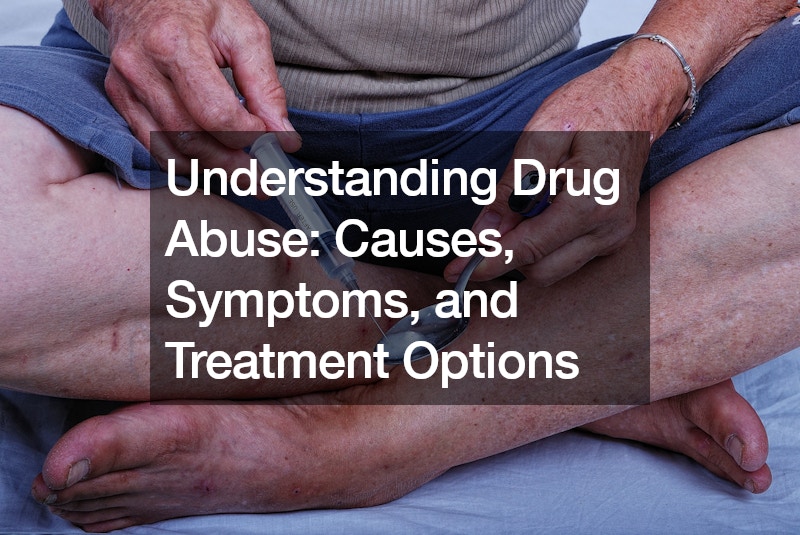Drug abuse, also referred to as substance abuse, is a profound and widespread illness that manifests in the harmful or hazardous consumption of various substances. These substances encompass not only illegal drugs like cocaine and heroin but also legal substances such as alcohol and prescription medications. The impact of drug abuse extends beyond mere physical effects; it profoundly alters brain function and behavior, making it challenging for individuals to regulate their substance use.
At its core, drug abuse undermines an individual’s ability to function effectively in daily life. The compulsion to use drugs becomes overpowering, leading to disruptions in personal relationships, employment, and overall well-being.
It creates a vicious cycle wherein the individual becomes increasingly dependent on the substance, despite the adverse consequences it inflicts.
To effectively address the pervasive issue of drug abuse, it is imperative to delve into its underlying causes, recognize its symptoms, and explore viable treatment options. By gaining insight into the factors contributing to drug abuse, including genetic predispositions, environmental influences, and psychological factors, we can better comprehend its complexities and tailor interventions accordingly.
Causes of Drug Abuse
Several factors contribute to the development of drug abuse:
1. Environmental Influences: Growing up in an environment where drug use is prevalent, experiencing parental neglect or abuse, and being exposed to peer groups that encourage drug use can increase the likelihood of developing substance abuse issues.
2. Genetic Predisposition: Individuals with a family history of addiction may be genetically predisposed to substance abuse, making them more vulnerable to developing addiction.
3. Psychological Factors: Mental health disorders such as depression, anxiety, and trauma can contribute to drug abuse as individuals may use substances as a way to cope with their symptoms.
Symptoms of Drug Abuse
Recognizing the signs of drug abuse is crucial for early intervention and treatment:
1. Strong Urge to Use: Individuals may experience a persistent urge to use drugs regularly, often multiple times a day, to achieve desired effects.
2. Neglecting Responsibilities: Drug abuse can lead to neglecting important responsibilities at work, school, or home due to preoccupation with obtaining and using drugs.
3. Engaging in Risky Behaviors: Users may engage in risky behaviors, such as using drugs in dangerous situations or engaging in criminal activities to obtain drugs.
Treatment Options for Drug Abuse
Effective treatment for drug abuse involves comprehensive strategies tailored to individual needs:
1. Detoxification: In a treatment center, individuals undergo supervised detoxification to manage withdrawal symptoms and safely cleanse the body of substances.
2. Behavioral Therapies: Cognitive-behavioral therapy (CBT) and other behavioral therapies help individuals identify and change negative thought patterns and behaviors associated with drug use.
3. Support Groups: Programs like Narcotics Anonymous (NA) provide peer support and encouragement, helping individuals maintain sobriety and navigate challenges in recovery.
4. Family Therapy: Family therapy addresses underlying family dynamics and helps repair relationships damaged by drug abuse, fostering a supportive environment for recovery.
5. Medication-Assisted Treatment (MAT): Medications such as methadone, buprenorphine, and naltrexone may be prescribed to manage withdrawal symptoms, reduce cravings, and prevent relapse.
In conclusion, drug abuse is a complex issue with significant impacts on individuals and society as a whole. By understanding the causes, recognizing the symptoms, and exploring effective treatment options, individuals can take proactive steps toward recovery. Seeking help from a treatment center or healthcare professional is a crucial first step on the path to recovery from drug abuse.
.


